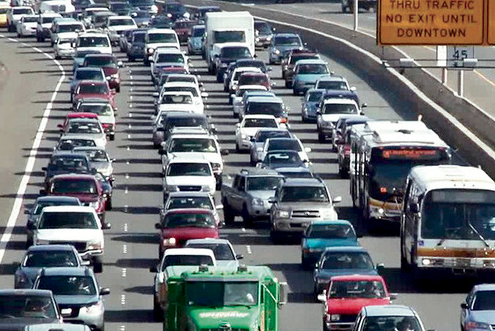
The office brought charges in 15 of those cases, Kaneshiro said, yet none of the accused were ultimately found guilty of sex trafficking. In 2018, then-Honolulu Prosecuting Attorney Keith Kaneshiro told reporters that his office had investigated 19 cases of sex trafficking the previous year.
/cloudfront-us-east-1.images.arcpublishing.com/gray/BPGFMCX7YFCDVFQXAY2YXRVPDI.jpg)

Cory Lum/Civil Beat/2019Ĭounty prosecutors have also struggled to prosecute traffickers. The Department of Human Services began including sex trafficking data on its annual Child Abuse and Neglect report in 2018. Only one of those arrests - which occurred in 2015 under the earlier statute - resulted in a conviction on the original charges. While reports of sex trafficking have piled up, police and prosecutors have taken up relatively few cases.īetween 20, the Hawaii Criminal Justice Data Center in the attorney general’s office reported 19 arrests statewide for sex trafficking or promoting prostitution in the first degree, the legal term for sex trafficking in Hawaii until 2016. In addition, an oft-cited 2020 survey conducted by the nonprofit Child and Family Service organization, the Arizona State University School of Social Work’s Office of Sex Trafficking Intervention Research and the Hawaii State Commission on the Status of Women found in interviews with 363 individuals receiving social services across the state, that 97, or nearly 27%, reported being sex trafficked. The Susannah Wesley Community Center, which is contracted by CWS to provide treatment to trafficking victims, reported treating 248 individuals referred to them between 20.Īnd the nonprofit National Human Trafficking Hotline reported that in 2020 it received 108 reports of human trafficking from people in Hawaii, including calls, texts, emails and online tips. At least 67 of those cases were ultimately confirmed. The department has yet to release its 2021 report.īetween February 2019 and June 2021, Hawaii’s Child Welfare Services agency, a branch within DHS, received 205 reports of children being trafficked, according to the attorney general’s report. The Hawaii Department of Human Services, for example, received at least 183 reports of suspected child sex trafficking between 20. Reports from independent and state agencies underscore the point. “Based on observations and experience, practitioners in the field conclude that incidents of (the commercial sexual exploitation of children) and human trafficking are widespread in Hawaii,” Connors wrote. In a report to the Legislature in December, then-state Attorney General Clare Connors made clear that although data on sex trafficking is “limited and disaggregated,” the problem is severe.

Without comprehensive data to illustrate the scope of the problem, the state has dedicated relatively little money to combatting traffickers. The difficulty is compounded by the fact that the state lacks a unified system to track trafficking cases across the state. State and local prosecutors have not convicted anyone under the sex trafficking statute enacted in 2016.

Prosecutors at both the state and county level told Civil Beat that bringing traffickers to justice is difficult because much of the activity is veiled by online anonymity and victims are often reluctant to face their abusers in court. The inability to win convictions has persisted despite ramped up state and local efforts to curb trafficking, including a federally funded human trafficking task force in Honolulu, and more than half a dozen legal reforms aimed at holding traffickers accountable. Although state agencies have received hundreds of reports of sex trafficking in Hawaii in recent years, state prosecutors have failed to convict a single person of the crime since legislators formally outlawed the practice in 2016, a review of state and local records by Civil Beat found.


 0 kommentar(er)
0 kommentar(er)
